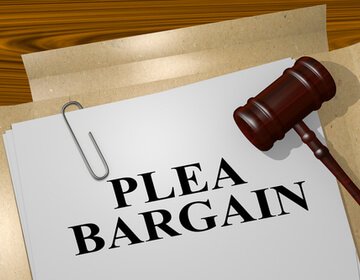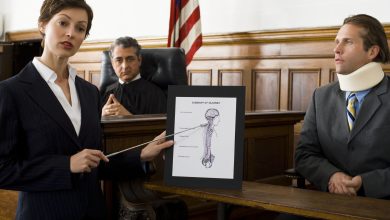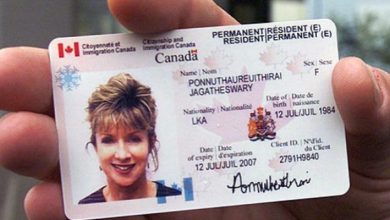What Is A Plea Bargain? How To Get One

Introduction
- Do you know what a plea bargain is?
A plea bargain is an agreement in which the prosecutor and the lawyer of the defense come under a common understanding. Through a plea bargain, the defendant agrees and officially admits to one of the comparatively lighter crimes and gets away with some lighter punishment. This is the most favorable outcome for the defendant.
The legal procedure allays the weight of the burden of the concerned parties, the entire court, and even the nation! This is how effective it is if discussed from the perspective of court proceedings.
If you want deeper insights on Plea bargaining, you could consult some bonafide lawyer. They have the legislative erudition to enlighten you on the matter. In this article, we discuss some plea bargains and how to get out of them.
Plea Bargain- Different Forms
As mentioned earlier, a plea bargain has been extremely effective in providing judgment at a fast track, thereby relieving the burden of all the stakeholders.
Pending cases do nothing but make a heap of files. These heaps of files are like heaps of burden. Plea burden has worked effectively to reduce burdens and facilitated converging things to a consensus. That is the positive development one gets through plea bargaining. There are three different types of plea bargaining:
1. Charge Bargaining
This is an instance where the defendants plead guilty to some lesser change to avoid the bigger charges imposed on him/her.
2. Count Bargaining
Now with count bargaining, the defendant pleads guilty for fewer charges against the heaps of charges imposed.
3. Sentence Bargaining
Here the defendant requests lesser sentences against some bigger ones.
How To Get A Plea Bargain?
In this section, we discuss the plea bargaining process. The settlement of some plea bargain processes depends on some factors. Actually, it’s all about giving ground, breather, or waiver -whatever you may call it.
If the district attorney prepares an extremely strong case, he or she doesn’t want to soften it easily. This really becomes a factor in getting the waver.
Moreover, if the prosecutor already prepares a weak case against the defendant, the defense lawyer may take home a lot of benefits.
The negotiations between the concerned parties can take place in either the district attorney’s office or in the courtroom. This may happen through telephonic conversation or through email conversation.
Once you have negotiated with the Plea bargaining, the court will get to interrogation. The court would want you to ensure that you completely abide by the terms and conditions and promises in the plea bargain and not claim anything beyond it.
Now that you have settled your bargain, you are now entitled to get a waiver on certain rights like:
- Right to attend the trial by a bench of 12 persons.
- Right to subpoena the witness.
- Right to cross-examine and witness against you.
- The right to lay your own witness and evidence.
- Understanding the consequences of immigration if you are not a US citizen.
Now getting things loosened on all these provides a great advantage to the defendant and defense. All the discussion comes to one station and stops; plea bargaining can only be possible when the defense and the prosecutor actively engage between them to keep things open for discussion.
Can You Get A Plea Bargain On All Cases?
Now a valid question might crop up at this point in time, can you get a plea bargain for all the charges?
Sadly but quite rightly, “No.” There are certain cases in which you can never get a waiver. They include:
- Serious felony.
- Violent sex crimes.
- Felonies, including firearms.
- Felony DUI code 23152(f)- that is, driving under the influence of substances like drugs and alcohol.
Yes, there, too, are some exceptions to these rules and regulations. But the state legislative bodies are smart enough to make things that are porous for crimes; they can not seep through and scot-free.
Coming To A Close
A plea bargain is an effective tool to bring justice at a fast pace. They are super quick in relieving the burden of the concerned parties. But lawyers also need to ensure that the settlement ends in a weak judgment. Remember, weak judgment is equivalent to no judgment.




